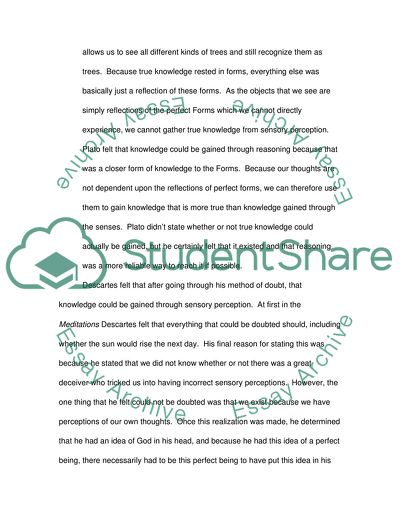Cite this document
(Philosophy of Berkeley, Descartes, Russell, and Plato Assignment, n.d.)
Philosophy of Berkeley, Descartes, Russell, and Plato Assignment. https://studentshare.org/philosophy/1718625-philosophy-100-6
Philosophy of Berkeley, Descartes, Russell, and Plato Assignment. https://studentshare.org/philosophy/1718625-philosophy-100-6
(Philosophy of Berkeley, Descartes, Russell, and Plato Assignment)
Philosophy of Berkeley, Descartes, Russell, and Plato Assignment. https://studentshare.org/philosophy/1718625-philosophy-100-6.
Philosophy of Berkeley, Descartes, Russell, and Plato Assignment. https://studentshare.org/philosophy/1718625-philosophy-100-6.
“Philosophy of Berkeley, Descartes, Russell, and Plato Assignment”. https://studentshare.org/philosophy/1718625-philosophy-100-6.


